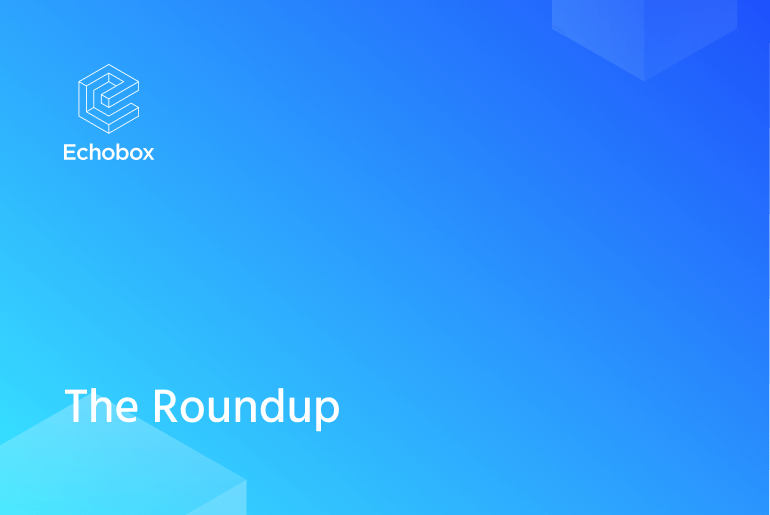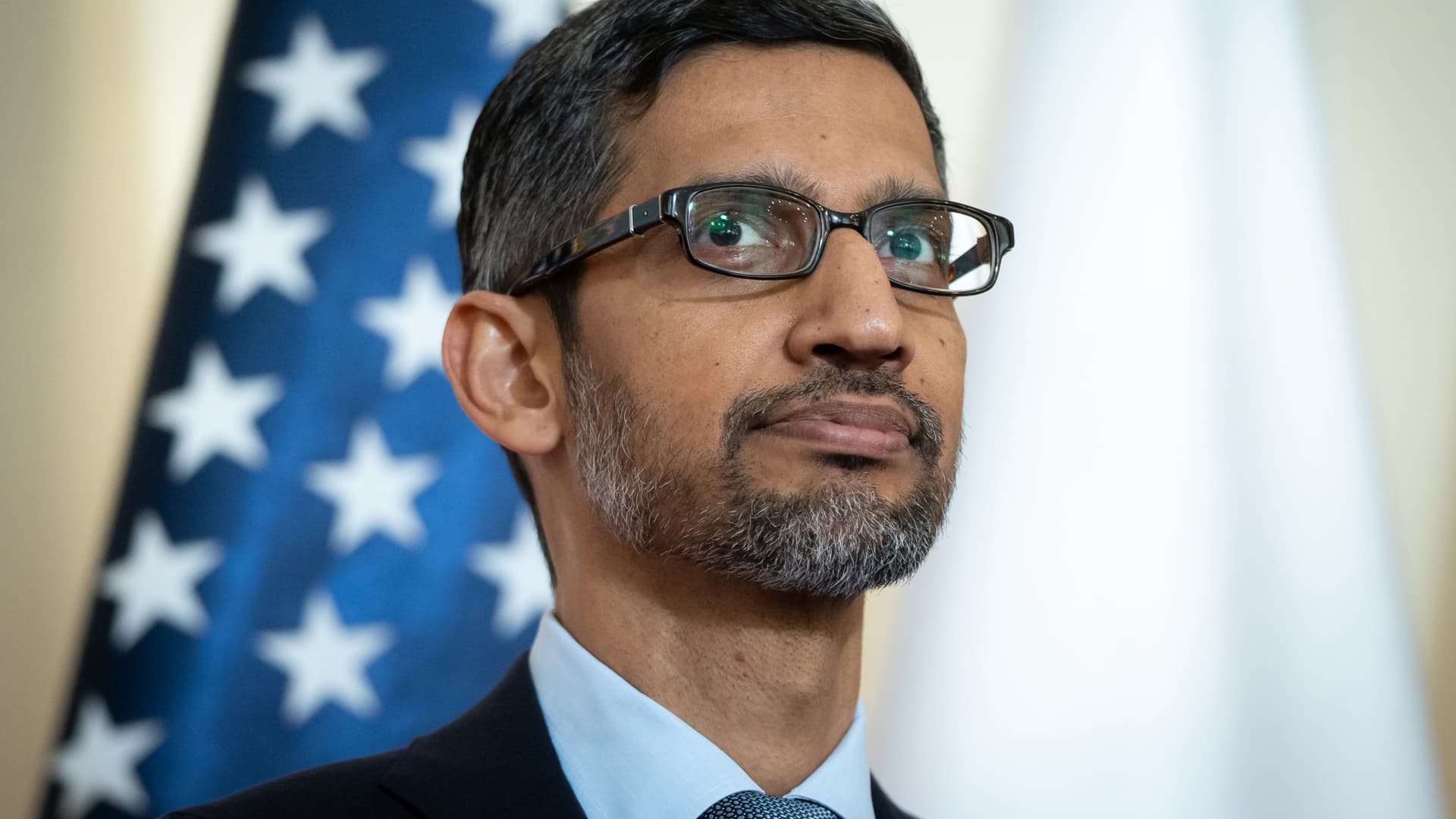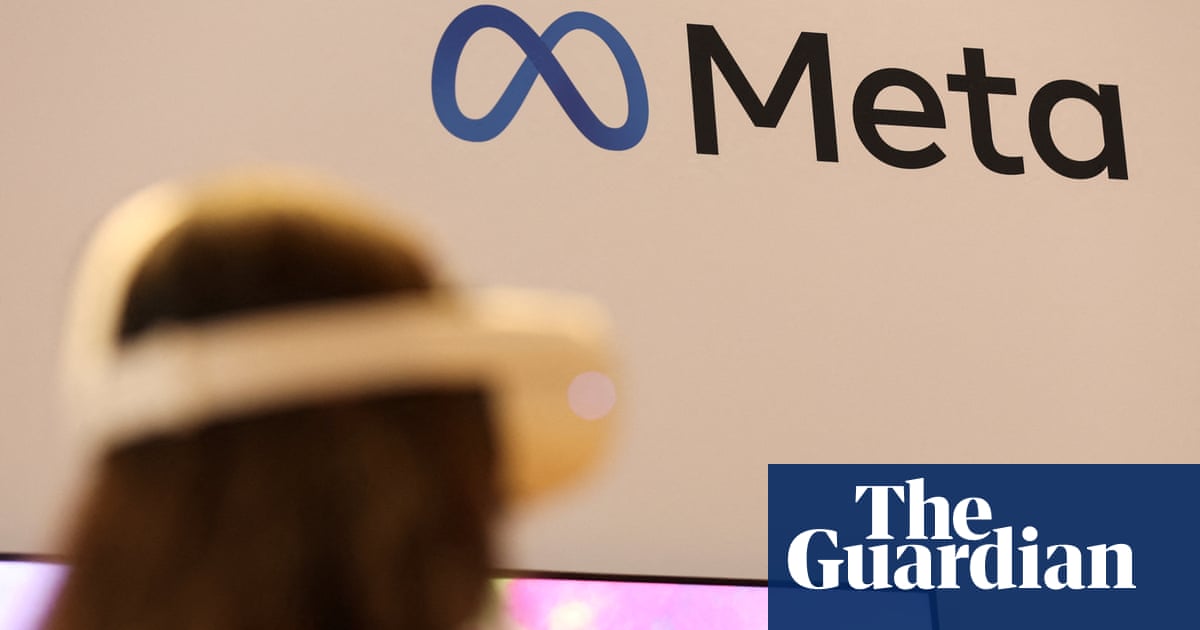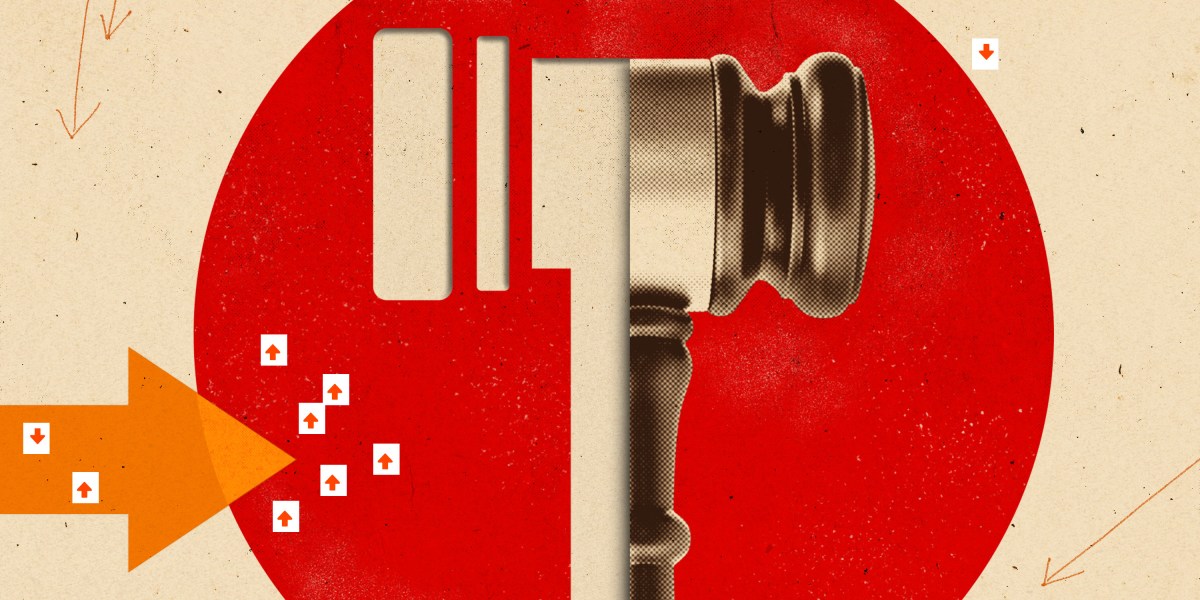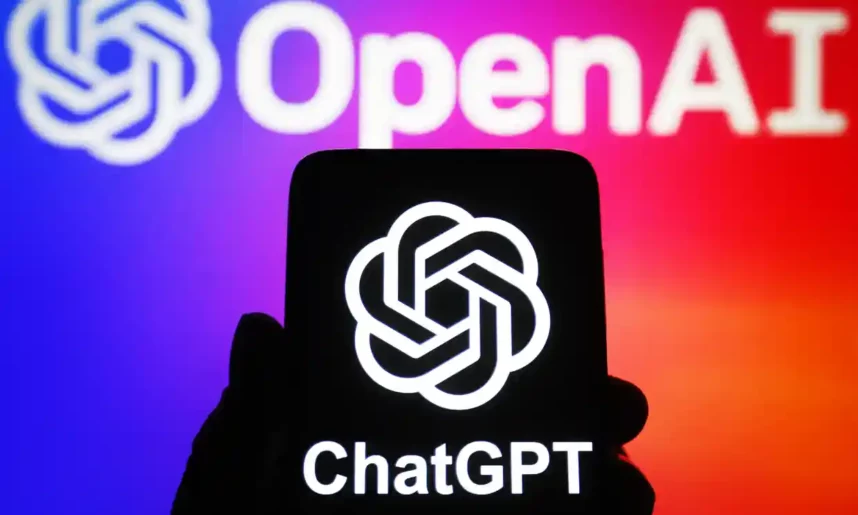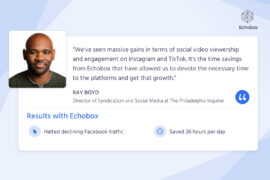In this week’s Roundup: How many lawsuits can Google face? What could the US Supreme Court ruling on Section 230 mean for Reddit? And what happens when AI runs out of books to read?
News
When it rains it pours, eh? After facing antitrust lawsuits in the Europe and India, US lawmakers are the latest to get in on the act, according to CNBC’s Lauren Feiner. The Justice Department along with eight states has accused Google of abusing its dominant market position to force unfavorable terms on ad buyers and sellers.
Google’s ad business is already facing unprecedented challenges. The company has committed to phasing out third-party cookies in the face of mounting public appetite for some semblance of online privacy. But the timeline for this change has stretched out for years, and the alternatives Google have developed don’t seem to be particularly enticing. Coupled with a slowing ad market and competition from other tech giants such as Amazon, these difficulties have been a contributing factor in parent company Alphabet’s decision to axe 12,000 jobs.
Better than expected earnings news has seen Meta’s stock rise almost 18% overnight, writes Erin McCormick for The Guardian. To be clear, revenue is still declining (which is bad), but not by as much as analysts predicted (which is good).
What’s more, Meta CEO Mark Zuckerberg has hit on a novel new strategy for reassuring the markets. According to the article, instead of selling investors on the idea of recreating 80’s Tom Hanks classic, The Money Pit, by dumping their cash in the metaverse, Zuckerberg is talking up revenue-generating activities like Reels and developing its AI-powered discovery engine.
Analysis
Reddit often feels like the internet’s vestigial tail: a remnant of another time, a simpler time. So what could a potential US Supreme Court decision have to do with Reddit? Quite a lot, according to the MIT Tech Review’s Tate Ryan-Mosley.
Let’s recap. Section 230 of the US Communications Decency Act protects tech companies from liability for the content that they host, arguing that platforms such as Facebook or YouTube bear no responsibility for third party speech – the News Stand Argument.
Gonzalez v. Google LLC, is seeking to change that by arguing that YouTube’s recommender algorithm, by promoting extremist content to those it deemed ‘interested’, was partly responsible for the death of Nohemi Gonzalez in the 2015 Paris terror attacks.
Now, lawyers for Reddit have filed an amicus brief with the court, arguing that the same provision in Section 230 that currently protects large tech companies, also protects user-based recommendation systems such as Reddit’s upvote/downvote functions. If Section 230 is altered by this Supreme Court ruling, it could mean that users are also legally liable for content moderation decisions.
TikTok CEO Shou Zi Chew will testify in front of Congress in March. In recent months, TikTok has been the target of numerous state-wide and federal bans barring the platform from being downloaded onto government devices. These decisions have resulted from questions about the Chinese government’s access to data on TikTok’s American users.
So the company has begun a charm offensive of sorts, writes Vox’s Shirin Ghaffary. TikTok’s new LA-based Transparency and Accountability Center gives policy makers, journalists and academics a behind-the-scenes look at the platform’s content moderation policy and recommender algorithm.
TikTok won’t completely pull back the veil, of course, but in the face of a potential full-scale ban in the US, the company hopes that it’ll be enough for now.
AI
The French theorist Paul Virilio once noted that to invent the car was also to invent the car crash. Accordingly, we might say that Gutenberg’s other major achievement after inventing the printing press, was to invent those periodic bouts where finding a good book to read is all but impossible.
This is a state of affairs with which it seems AI will become only too well acquainted. As Ross Andersen notes in this article for The Atlantic, running out of high-quality written material is a serious problem for AI technologies like ChatGPT who ingest a monumental amount of such data.
The result of this dearth of material could be to seriously curb the seemingly unstoppable growth in sophistication of these technologies, or force AI companies to come up with scary new ways of collecting data.
And finally, the aforementioned ChatGPT has become one of the fastest growing apps on the planet according to Dan Milmo in The Guardian, reaching 100 million users in just two months. By contrast, it took TikTok nine months to achieve the same feat.
As news emerged recently that a judge in Colombia used the program to prepare a legal ruling, it seems that ChatGPT isn’t going away any time soon.
